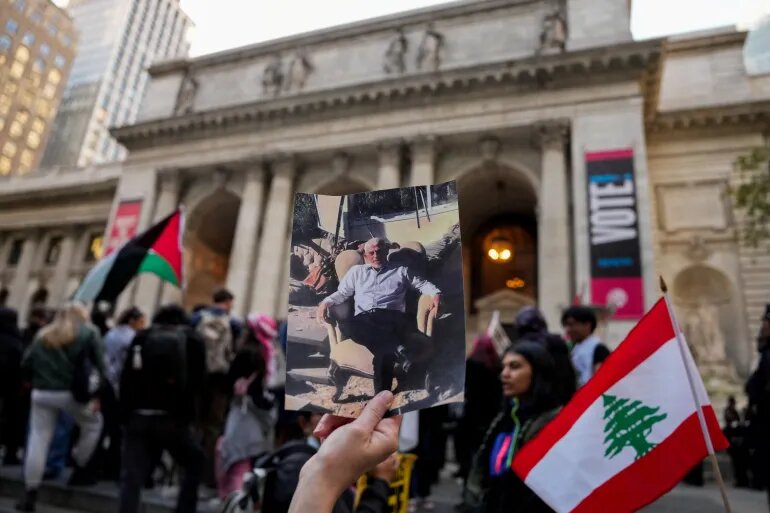Legacy of fire: Al-Aqsa Storm rages on after Sinwar's killing

TEHRAN- Israel and its main supporter, the United States, have displayed a lot of hubris since the Tel Aviv regime assassinated Hamas leader Yahya Sinwar in the Gaza Strip.
The Israeli army said on Thursday that its troops killed Sinwar in the city of Rafah.
Israeli Prime Minister Benjamin Netanyahu and US President Joe Biden have described Sinwar’s killing as a major achievement.
Netanyahu said the assassination signaled “the beginning of the end” of the war in Gaza.
Biden also praised Sinwar’s killing saying it opened the door to “a path to peace”.
The US president and the Israeli premier are under the illusion that the death of the Hamas chief will result in the downfall of the resistance movement.
They have claimed that Hamas has been weakened significantly; with its leadership largely dismantled.
Israel has massacred Palestinians in Gaza through US military and political support. Tel Aviv and Washington have hindered ceasefire initiatives while asserting their commitment to seeking peace in Gaza.
Israel has killed at least 42,500 Palestinians in Gaza since launching war on the enclave on October, 7, 2023. But Netanyahu’s army has failed to defeat Hamas.
The killing of Sinwar serves merely as a pretext to shift focus from Israel's inability to bring Hamas to its knees after a year of genocide in Gaza.
Over the past decades, Israel has killed Hamas leaders and commanders in a desperate attempt to cripple the resistance movement.
Sheikh Ahmad Yassin, the founder of Hamas, was one of the prominent individuals targeted in Israel's assassination campaign. The Hamas spiritual leader was killed on March 22, 2004, along with nine other people in Gaza.
He established Hamas in late 1987, coinciding with the onset of the first Palestinian Intifada (uprising) in the same year.
Yassin strongly defended the Palestinian people’s right to resist the Israeli occupation and often criticized the Palestinian Authority for discounting the armed resistance option in its dealings with the occupation regime.
Yasin had been confined to a wheelchair following an injury he sustained at the age of 12.
Israel believed that the assassination would result in the eradication of Hamas. However, the Al-Aqsa Storm, the surprise military attack carried out by Hamas on October 7 last
year in southern Israel, demonstrated that such actions only serve to empower Palestinians, motivating them to put up resistance against the regime.
More than 1,100 people were killed in the Hamas operation and about 250 others were taken captive. Hamas freed over 100 captives in a swap deal with Israel in November last year.
Sinwar’s legacy
The Israeli army acknowledged that Sinwar, the architect of the Al-Aqsa Storm, was killed during a firefight with its forces.
Sinwar's death in the combat zone in Gaza refutes Israel's claims that he was in hiding and used civilians and captives as human shields.
Palestinians in the Gaza Strip have hailed Sinwar as a brave resistance leader vowing to continue his path.
Sinwar was the face of the Palestinian armed struggle against Israel’s decades-long occupation. He was a selfless commander who battled until the very end.
Israel killed Sinwar but his legacy will rage on like fire and reinforce the Palestinian resistance against the regime’s brutalities.
From now on, a new large-scale version of the Al-Aqsa Storm will haunt Israel for good.
